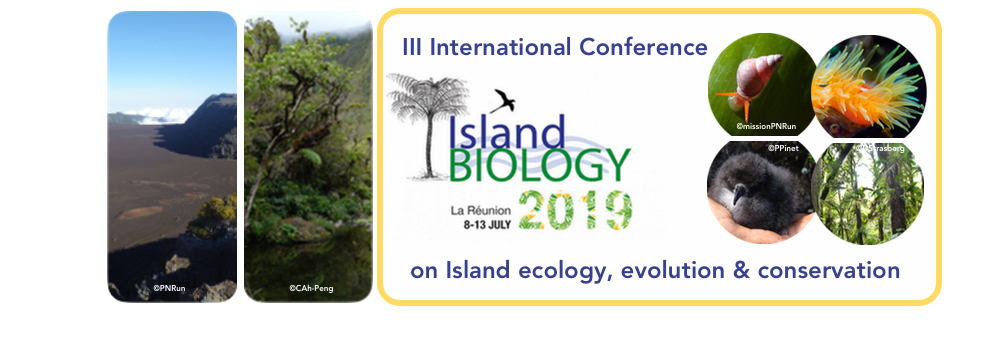Many types of herbivores are rare or absent on islands. It has therefore been hypothesized that insular plants are more poorly defended than their mainland counterparts. However, this hypothesis has been questioned by recent work reporting no evidence of such trends or even increased chemical defense in island systems. In this talk we: (i) synthesize potential sources of inconsistency in the study of insularity effects on plant-herbivore interactions; and (ii) outline experimental approaches that may help us to address major limitations in island-mainland comparisons of plant defense. To this end, we emphasize the cornerstone idea that plant defense is a complex trait stemming from different types of phenotypic responses, including those developed after herbivore damage (i.e. induced defenses) or those mediated by indirect associations with third trophic levels (i.e. indirect defenses). We also highlight the role of abiotic (e.g. climatic) factors, which has been largely neglected in studies of insular plant defense despite marked differences in habitat conditions between source (continental) and island regions. Finally, we identify the lack of a comprehensive spatio-temporal framework as a fundamental drawback for data interpretation in island evolutionary studies on plant defensive traits. In summary, island-mainland systems provide a unique experimental setting for evolutionary studies on plant defense, but our analyses and conclusions may benefit from considering key ecological and phylogeographical factors related to plant-herbivore interactions.

|
|
|
|
Loss of defenses on island plants: from theory to evidence
1 : Universitat de les Illes Balears – Institut Mediterrani d'Estudis Avançats
(UIB – IMEDEA)
Ctra. de Valldemossa, km 7.5 - 07120 Palma de Mallorca -
Spain
2 : Misión Biológica de Galicia
(MBG-CSIC)
A Carballeira, 8, 36143 Salcedo, Pontevedra -
Spain
|
| Online user: 24 | RSS Feed |

|
 PDF version
PDF version